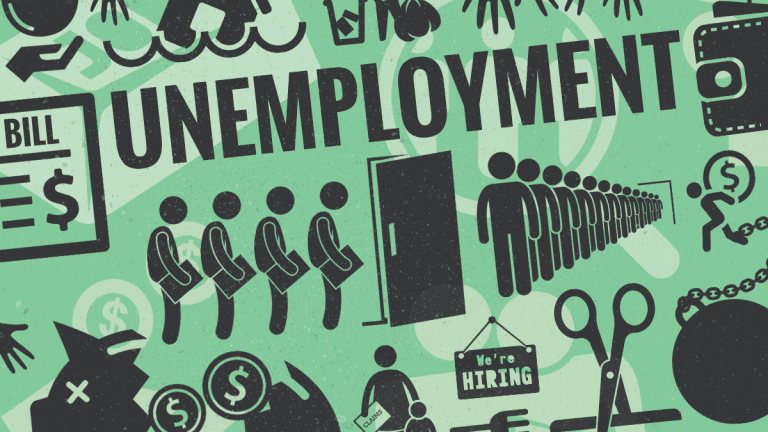Despite the widespread unemployment and pandemic-induced hardship, the average credit score has skyrocketed since the global pandemic started, an unanticipated positive after-effect on personal finance partly attributable to changes in everyday living and relief efforts. According to the Fair Isaac Corporation – the company behind the proprietary algorithm used to determine credit scores by the country’s major credit bureaus – the average credit score rose to an impressive 711, five points more than last year’s average.
FICO is a credit score ranging from 300-850 commonly used by banks and other lenders to determine a borrower’s credit risk. Lower scores often imply that a borrower has to put an agreed sum of money upfront, pay higher interest rates, or even have their loan application, credit card, or any other financial product declined entirely.
Experian, a multinational consumer credit reporting company, confirms that 700 or higher credit scores are generally considered acceptable while scores above 800 are considered excellent. The credit scores of most borrowers range between 600 and 750.
Why Has the Pandemic Affected Credit Scores Positively?
Most lenders assess several factors when determining the credit score of a potential borrower. Credit utilization ratio (the amount a borrower owes other lenders divided by their total credit limit) is among the most critical factors used by lenders during their assessment. This is where the global pandemic comes in.
The global pandemic brought unexpected credit relief to families with fairly average credit scores in three major ways that enabled them to settle their debts quicker and sooner. They include: Stimulus checks from the government Savings occasioned by lifestyle changes, e.g., less traveling, recreation, and dining out Rock-bottom interest rates conducive for home refinancing and lower monthly payments
What Are the Implications of This Change?
Financial experts report that a significant chunk of consumers intentionally began to prioritize their credit health and credit repair efforts in a bid to qualify for abnormally low-interest rates on assets such as homes and cars. Additionally, financial pros claim that the Covid-19 relief legislation’s specific relief has encouraged borrowers to stay current with their lenders, further improving their credit scores.
Currently, creditors such as student loan companies, credit card issuers, and auto finance firms are still reporting cash-strapped borrowers unable to pay their credit accounts as “paid as agreed,” so long as these customers made arrangements with them. This arrangement is concordant with the relief offered in the CARES Act. Creditors reporting credit accounts or tradelines as “paid as agreed” or “current” does a lot to maintain or improve a borrower’s credit score.
Although having better FICO scores is pale in significance to the world’s current issues, it helps provide consumers more options. Even if a consumer was not actively searching for a car loan, mortgage, or credit card, they might likely be in the market for them in the foreseeable future. Besides, apart from loans, many utility subscriptions, job offers, cellphone plans, and even apartment rentals involve credit checks.
The Cloud for Our Silver Lining
While improved credit scores may sound like good news, US consumers should not rejoice just yet as dark days still lie ahead. There is often a significant disconnect between when a global macroeconomic event happens and when the FICO scores begin to reflect it.
The millions of Americans currently battling unemployment, maxing out their credit limits, and falling behind on bills should expect their credit scores to drop eventually. During the 2007-2009 global financial crisis, data management research firms such as Experian reported that consumer credit scores did not reach their lowest point until several months after the Great Recession ended.
Many consumers enduring the pandemic-induced hardships, assistance programs, and government relief provide a thin line between decent credit ratings and the inevitable dent to their credit scores. The disconnect between the global pandemic’s onset and credit files beginning to reflect the economic stress that millions of Americans face is further affected by the government’s stimulus spending and the private sector’s lender payment accommodations meant to bridge the gap for consumers.
